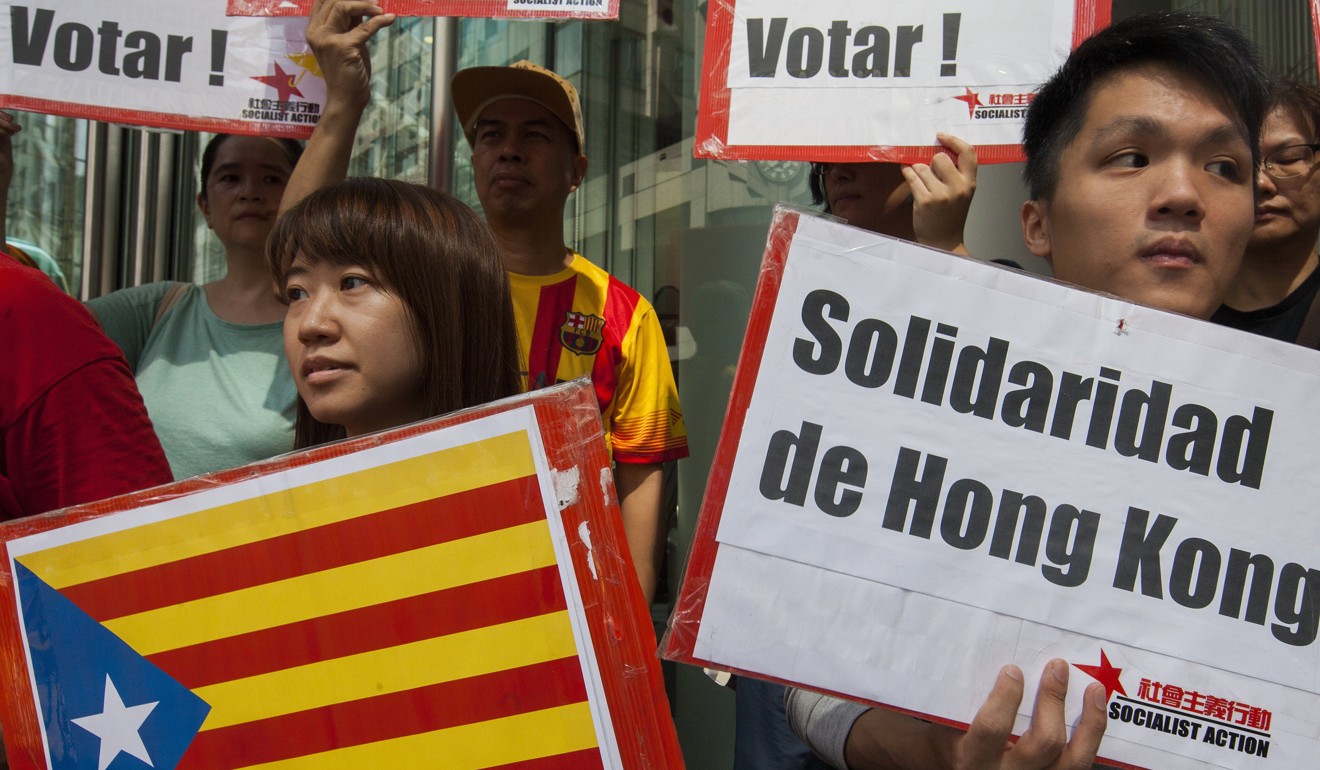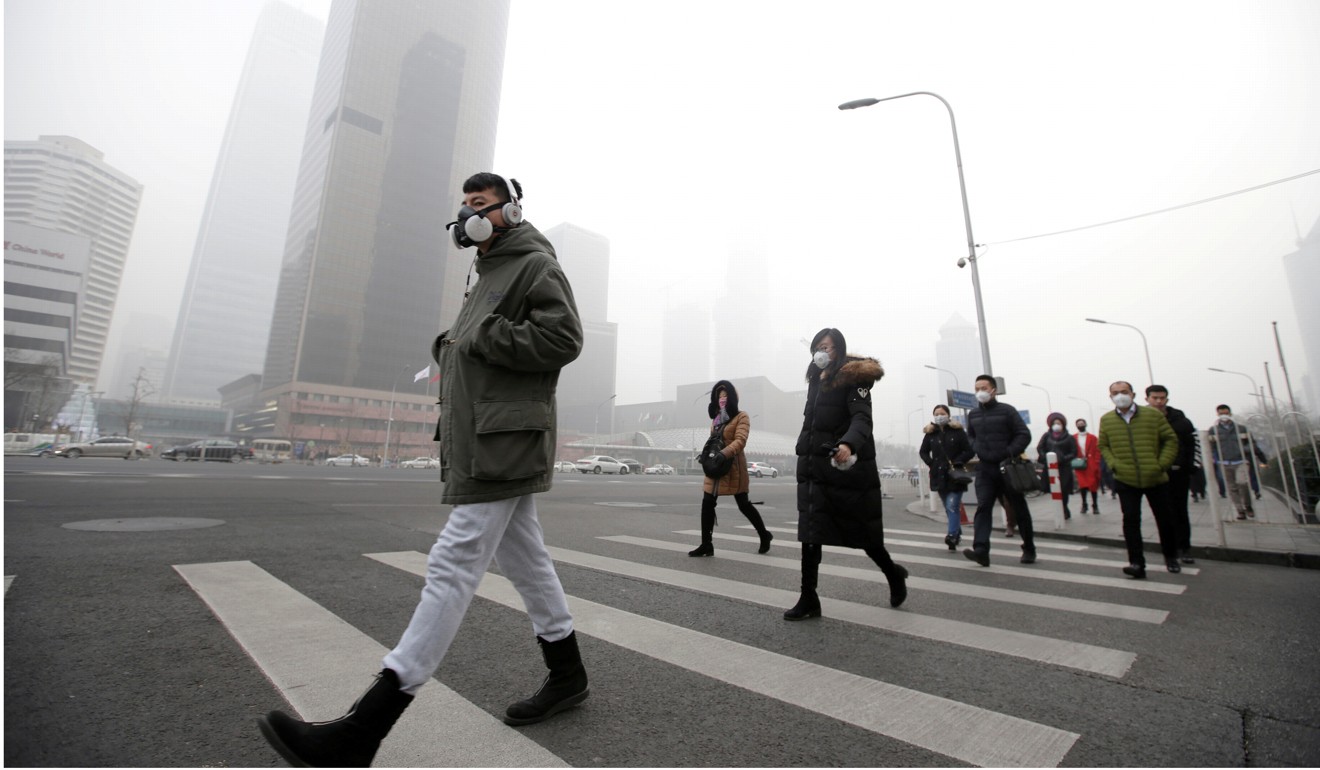
In Hong Kong, a genuine love for the nation cannot be forced – but it can be nurtured
Regina Ip calls for patient nation-building efforts that acknowledge diversity and, at the same time, focus on the shared values that will bind Hongkongers closer to fellow Chinese on the mainland
Hong Kong people have long struggled with issues of nationality and national identity. In the colonial era, many who emigrated to Hong Kong from mainland China naturalised as British nationals purely for the sake of travel convenience.
By virtue of blood and cultural ties, older Chinese maintained strong links to the mainland. For decades after the second world war, Hong Kong’s cultural scene was an extension of mainland China’s. But, as time went by, the increase of the local population fostered the growth of Canto-pop and Cantonese movies. Growing up in a vibrant, Cantonese-denominated culture, young people born in Hong Kong have a far weaker emotional and cultural attachment to the mainland than their forebears.

Not fully Chinese? Hong Kong people have a fluid identity – and politics has nothing to do with it
Few in Hong Kong believe that Hong Kong could ever become independent. Hong Kong has always been highly reliant on mainland China for its basic necessities. The wealth we created in the post-war decades helped fuel the growth of southern China, but also made the city more dependent on the mainland for its business and livelihood.
Few in Hong Kong believe that Hong Kong could ever become independent
While Hong Kong independence is unlikely ever to amount to a real threat to territorial integrity, separatist sentiments should not be taken lightly. Polls conducted by the University of Hong Kong show a steady decline in the strength of Chinese identity among those aged between 18 and 29. While the growing economic and technological prowess of China has left few Hong Kong people in doubt of its might, in general, few are as enthused about China’s national resurgence as their mainland counterparts.
Watching the 19th party congress from Hong Kong and Taiwan
As a result of this divergence of experience, there is now a great cultural divide between mainland China and Hong Kong. The mainland promotes collectivism, sacrifice and the willingness to fight to the bitter end. Steeped in Western culture, Hong Kong people put individualism, freedom, diversity and comfort before revolutionary zeal.
What Hong Kong needs, to feel like it belongs in the Chinese nation
Nations can be forgiven for wanting to engender greater patriotism on the part of its citizens, but should be reminded that patriotism cannot be enforced. In the case of regions which have long been politically and culturally separate, it takes time to cultivate greater love of the country. Authentic, bottom-up efforts by community groups which genuinely love and believe in the nation’s future work better than top-down initiatives imposed by government.
How to make Hongkongers more patriotic
To bridge the cultural divide, the accent should be on cultivating a greater commonality of values and commitments. Mainland China and Hong Kong have more in common than meets the eye. We have a common problem of resolving the acute housing problem and reducing the wealth gap. Though at different stages of economic development, we have a common objective of promoting more balanced, inclusive and sustainable growth, and bringing back green fields and blue skies. China is becoming modern, and Hong Kong is in the right place at the right time to help lubricate the process.
For Hong Kong – part Chinese, part Western – destiny awaits

As Xi had said, to build a “united front of patriotism”, it is necessary to find “the largest common denominator” and draw the “widest circle of commonality”. Great unity cannot be achieved without embracing great diversity – a golden rule to bear in mind if China’s dream of becoming a modern and progressive society is to be fulfilled.
Regina Ip Lau Suk-yee is a lawmaker and chairwoman of the New People’s Party

